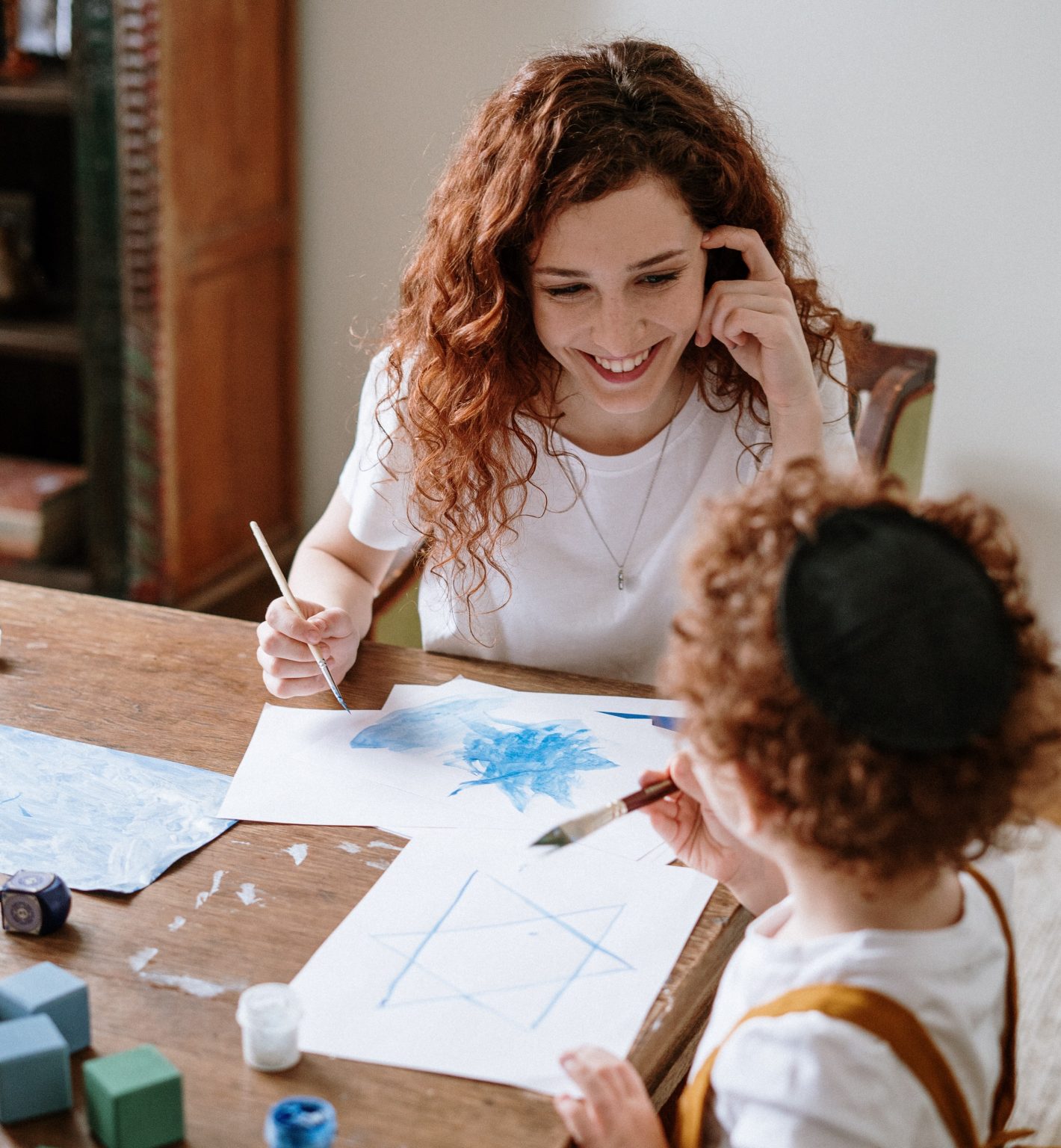By Bessie Dudu and Danielle Mayer

With the implementation of public health and safety measures such as quarantine and physical distancing to help curb the spread of the COVID-19 pandemic, we all are coming to terms with adjusting to a new way of going about our daily lives.
The extended school closures have also led to significant disruptions in your child’s daily routine, and getting your child accustomed to a new routine during these uncertain times will help maintain their physical and mental well-being.
First, a little about child development to help you develop a routine that will ensure children establish healthy habits as they grow. Remember, these are guidelines and all children develop at their own pace.
0-6 years: Children develop at an incredibly rapid pace, their minds are most absorbent and development of individuality begins; children learn more, and learn more naturally during this time than any other stage of their lives.
6-12 years: A period rich in potential for cognitive, social, emotional and physical development at a slower pace. Children start to enter the “age of reason,” typically spending more time away from family and experiencing the world around them; beginning to develop their own identity.
12-18 years: Ability to reason improves, a stronger sense of identity forms, social consciousness develops and youth look to the future with hopes, wishes and anxieties about uncertainties.
It’s important to remember that whatever developmental stage your child is at, it’s never too late to start a routine!
Benefits of Routines
1. Establishes Expectations
Routines set expectations and eliminate power struggles between you and your child. For example, when times are set for showers, meals or school work, temper tantrums or arguements are less likely to occur. It encourages cooperation and relieves you from having to repeat the same instructions on a daily basis.
2. Bonds the Family Together
Consistency makes running your household easier. As your child starts to fall into healthy habits, this helps you bond. You can find connections on shared values, interests and daily rituals such as story time, sharing a morning chat, doing an activity or watching a TV show together.
3. Creates a Calmer Household
Routines help create a calmer environment at home. It facilitates confidence and independence, as everyone has an understanding of what is expected. It also gives you time and space to focus on your own tasks. Consequently, you both get the essential benefit of having some downtime, which helps alleviate tension.
4. Helps You Plan Ahead
Planning your routine helps create excitement and motivation about upcoming activities. It also helps you remember things that need to be done, therefore tasks/activities are less likely to fall under the radar.
5. Creates Stability in Stressful Times
In these times of high uncertainty where big changes are happening all around us, stress levels can be elevated. Establishing a routine will help create comfort and a sense of stability, thus alleviating stress levels for you and your child. The structure that comes with following a schedule will also facilitate benefits such as eating better and getting enough sleep.
Things to consider when establishing a routine with your child:
1. Be flexible and allow your child to have input in the planning of their routine, as this helps motivate them to want to stick to the plan.
2. Be prepared for things to not always go as planned. Try to give your child a heads-up when you become aware of any change in an established routine.
3. Be patient! Routines don’t become established overnight. Keep at it, and you will find a rhythm that works for your family.
And most importantly, Have Fun! Remember everyone is experiencing this differently and the loss of connection, activity and normalcy is hard – take some time to enjoy life, find things to appreciate and have fun!
Check out this example of a daily routine Danielle has created with one of the families she is working with.

